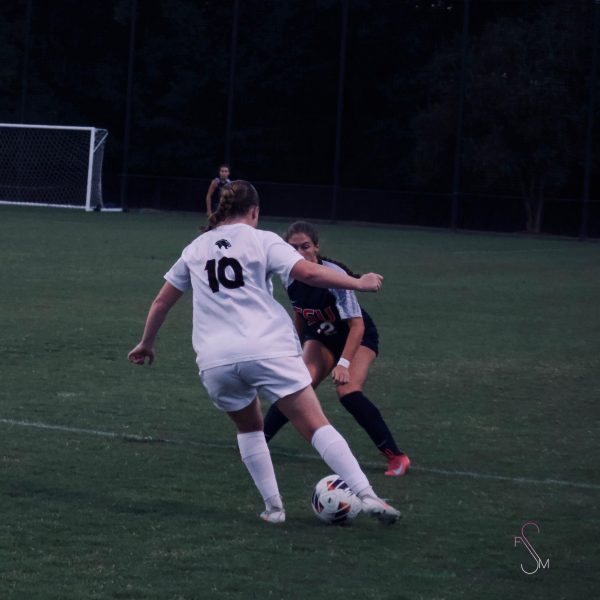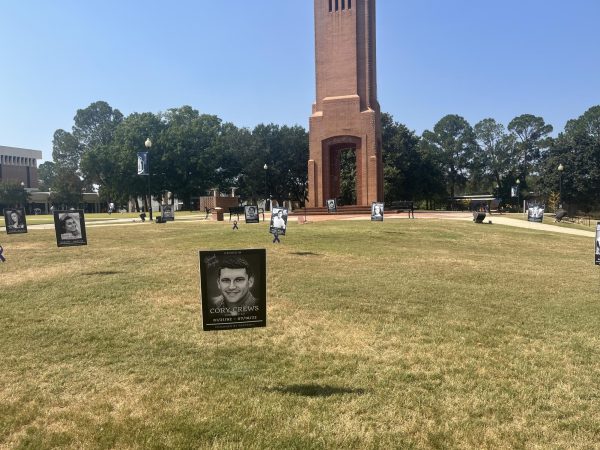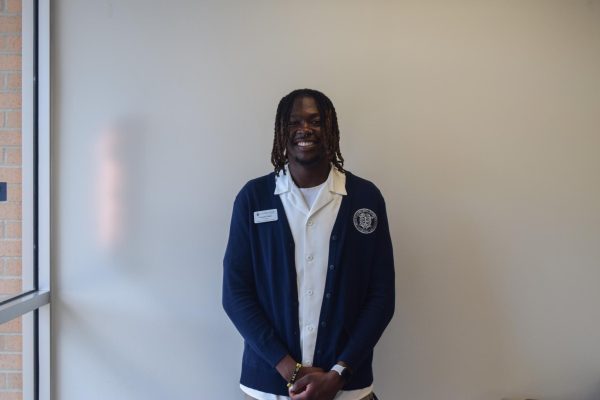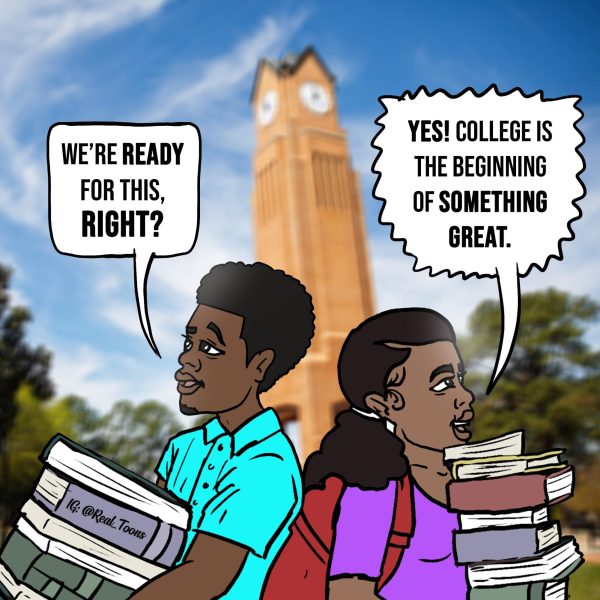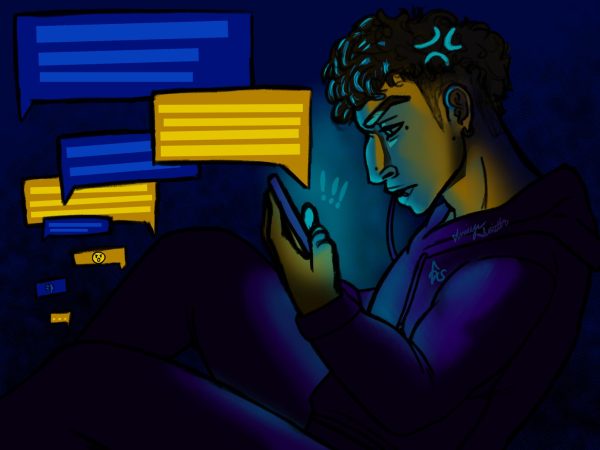Accommodations for Mental Health Related Issues
Students with varying disabilities or diagnoses may be eligible for accommodations through CSU’s Center for Accommodations and Access.
The Center of Accommodations and Access, located in Schuster room 221, works closely with CSU’s Counseling Center to help students with mental health issues receive the assistance they need to perform at their best. The Center of Accommodations illuminates opportunities for students with mental health needs to receive accommodations they may need.
Some of the possible accommodations students may receive based on their mental health needs, may include: preferential seating, extra exam time, low-distraction testing environment, priority registration, permission to leave class momentarily, and permission to a note taker or to record lectures. These accommodations are not guaranteed for all students with any diagnosis, but are some of the possible options that the center can provide. These options should be discussed in depth with the student’s counselor to see what accommodations may be good for them.
Lauren Jones Mckown, director of the Center for Accommodations and Access, explained the process to obtain accommodations, beginning when the student receives a diagnosis from the Counseling Center or from another mental health provider. Unlike grades K-12, students have to self-identify their need for accommodations in college.
The student should bring any documentation they have from their mental health care provider, indicating what their diagnosis is as well as what accommodations their doctor thinks they will benefit from. The Center for Accommodations and Access will then set up an in- person meeting with the student, if possible.
The student will then fill out paperwork, and the Center for Accommodations and Access will help the student to determine what reasonable accommodations will work for them, based on all aspects: doctor recommendation, student’s specific needs, and what may or may not fundamentally alter the curriculum of the class.
The student will then review and sign off on the student accommodation plan. Each semester, the student is required to request their letter of accommodation — which does not state their disability — from the Center for Accommodations and Access. They will be responsible for delivering the letter to their professors to sign off on, and then to return the signed portion to the Center for Accommodations.
“There are a lot of people that don’t realize that what they’re experiencing is actually, in fact, a disability and that they could get accommodations,” said Mckown. Mckown encourages these students to try, as the process is more simple than it may seem.
Mckown ensures that “the most taxing part for the student is the intake, when they initially come in to see us with their documentation.” Once that is through, it’s merely a matter of the back and forth of their letter delivery.
“If people will openly talk about [their diagnoses], it makes it more comforting for other people to talk about it,” said Mckown. “Often times showing that little bit of compassion will go a long way,” Mckown commented. Empathy to others plays a large role in ending stigmas as well.” The Center of Accommodations is always open to students who have specific needs.
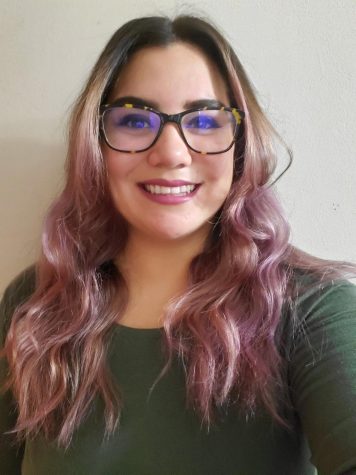
Paige is a reporter with the Saber at CSU and a senior English major. Her track is creative writing, so she didn't expect to find herself loving to learn...




